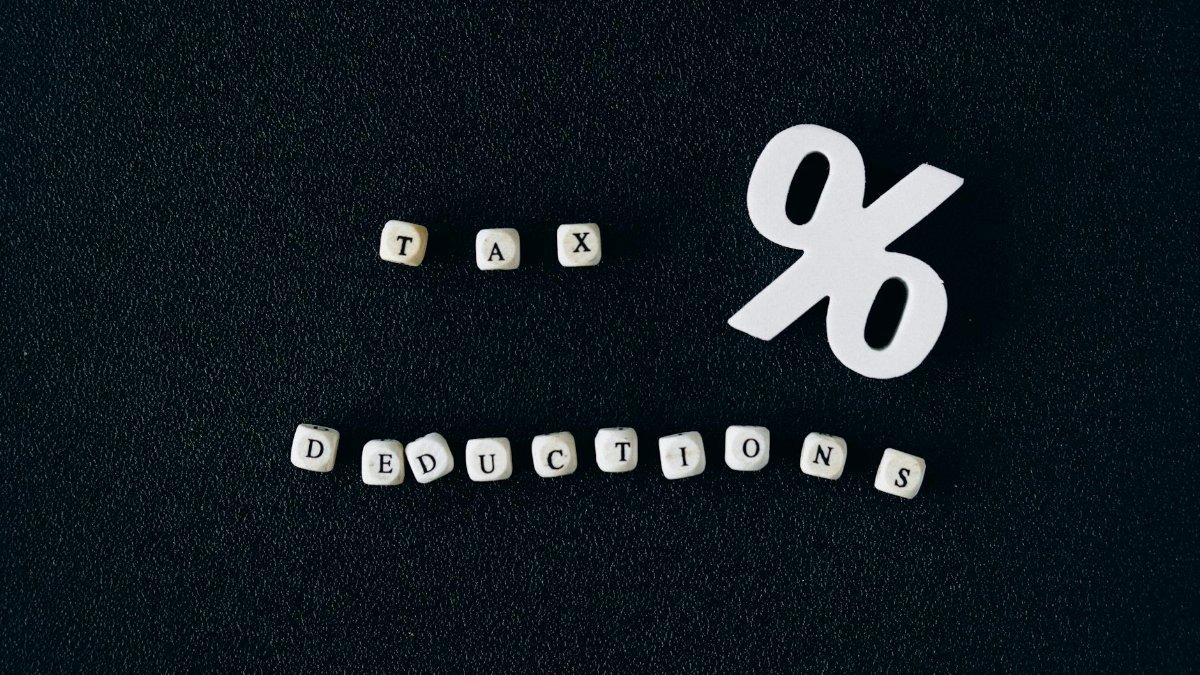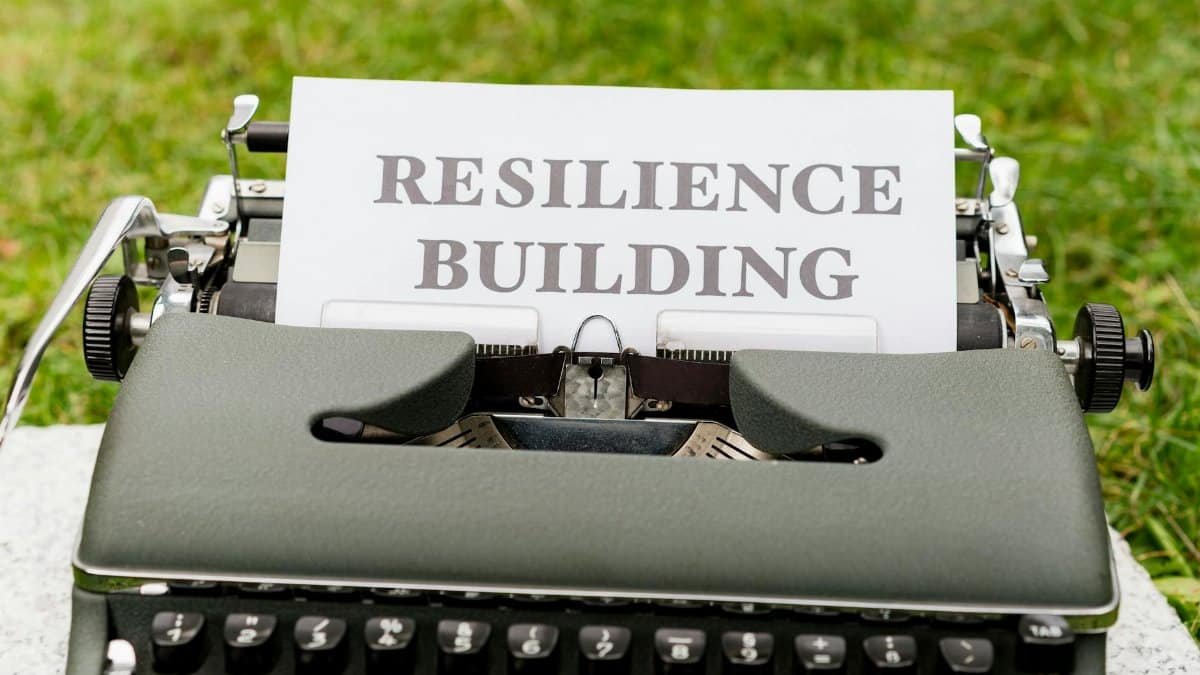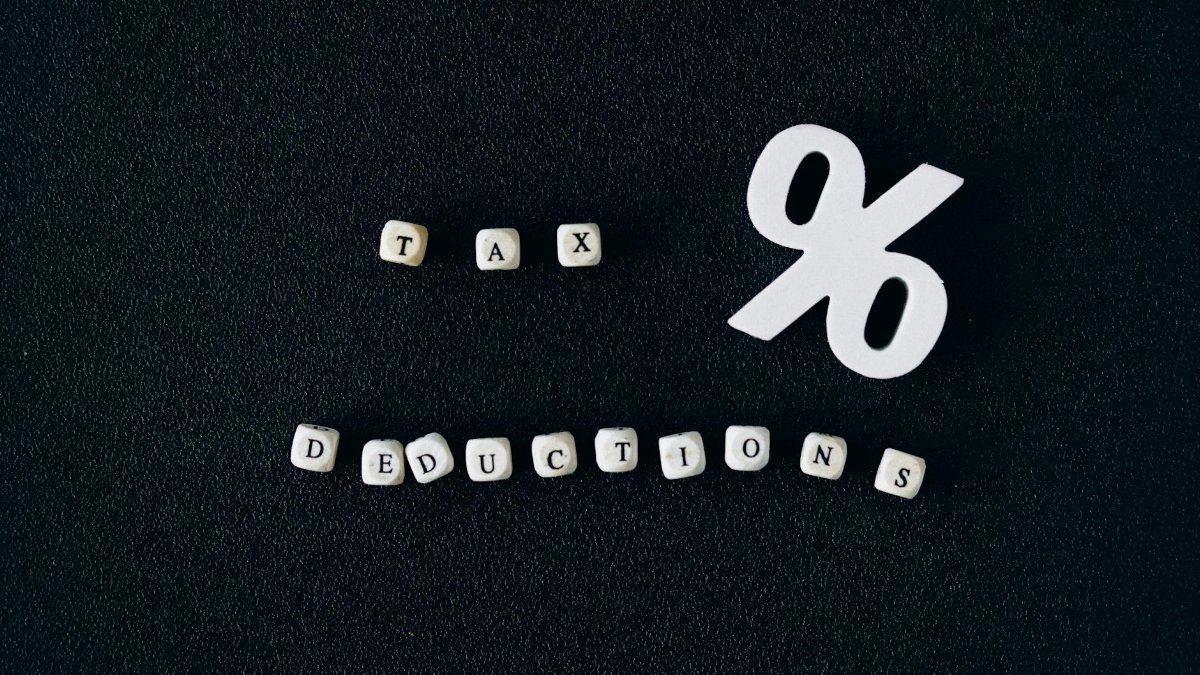Did you know that over 60% of Americans report money-related stress impacting their mental health, often stemming from deep-seated financial trauma? According to a recent survey by the American Psychological Association, this hidden baggage keeps millions stuck in cycles of scarcity and self-doubt. Financial trauma isn’t just about past losses—it’s the subconscious blocks that sabotage your earning potential and abundance mindset. But there’s hope: experts say addressing it head-on can unlock emotional freedom and financial flow. In this piece, we’ll break down why these blocks persist and how to shatter them for good.
What Exactly Is Financial Trauma?

Financial trauma refers to the lasting psychological scars from money-related hardships, like job loss, debt overload, or childhood poverty. It’s not just about the event itself, but how it wires your brain to fear abundance. Think of it as an invisible barrier that whispers “you’re not worthy” every time opportunity knocks. Therapists note that this trauma often manifests as avoidance behaviors, like underselling your skills or hoarding cash out of paranoia. Recognizing it is the first step—without awareness, these blocks fester, keeping you in a perpetual state of financial stuckness.
The Subconscious Roots of Money Blocks

Deep down, financial trauma plants seeds of limiting beliefs. Maybe your parents fought over bills, imprinting that money equals conflict. Or a bankruptcy left you equating wealth with betrayal. These subconscious narratives run the show, dictating decisions without your conscious input. Neuroscientists explain it through the lens of the amygdala, the brain’s fear center, which overreacts to financial cues. The result? You sabotage promotions or splurge impulsively to numb the pain. Unpacking these roots requires introspection, perhaps through journaling or therapy, to rewrite the script.
Signs You’re Dealing with Financial Trauma

Spotting financial trauma isn’t always obvious, but telltale signs abound. Do you feel anxious checking your bank balance? Avoid investing due to “what if” scenarios? Or maybe you overwork to prove your worth, yet never feel secure. These are classic indicators. A study from the American Psychological Association’s stress resources highlights how such trauma correlates with higher cortisol levels, fueling chronic stress. If guilt shadows every purchase or you undervalue your services, it’s time to confront these blocks before they compound.
How Financial Trauma Affects Your Self-Worth

At its core, financial trauma erodes self-worth, linking your value to your net worth. Survivors often internalize failure, believing they’re “bad with money” forever. This mindset blocks abundance, as you subconsciously repel opportunities that challenge the narrative. Spiritual healers tie it to chakra imbalances, particularly the root chakra governing security. Rebuilding starts with affirmations and small wins, like negotiating a raise. Over time, this shifts the energy from scarcity to deservingness, fostering emotional and spiritual healing.
Practical Steps to Identify Your Money Blocks

Start simple: track your emotional reactions to money. When does fear spike? Use tools like money mindset quizzes or apps to pinpoint patterns. Reflect on pivotal financial events—did a layoff scar you? Consult a financial therapist, a growing field blending psychology and finance. Resources from the Financial Therapy Association offer directories and insights. By mapping these blocks, you gain clarity, turning vague unease into actionable intel for healing.
Techniques to Clear Subconscious Blocks

Clearing financial trauma demands targeted techniques. EFT (Emotional Freedom Techniques), or tapping, helps release stored emotions—tap on acupressure points while voicing fears. Meditation apps guide abundance visualizations, reprogramming the subconscious. Hypnotherapy dives deeper, accessing buried memories. Combine with practical actions: create a budget that feels empowering, not restrictive. Experts recommend starting small to build momentum, gradually dismantling blocks. Consistency is key; many report breakthroughs within weeks, leading to bolder financial moves.
The Role of Therapy in Healing Financial Trauma

Professional help accelerates healing. Cognitive Behavioral Therapy (CBT) reframes negative money beliefs, while EMDR (Eye Movement Desensitization and Reprocessing) processes traumatic memories. Financial coaches provide accountability, merging emotional work with strategy. A report from the National Endowment for Financial Education underscores therapy’s impact on long-term financial health. Don’t go solo—seeking support normalizes the struggle and equips you with tools to thrive. In 2025, with rising awareness, more accessible online sessions make this feasible for all.
Building an Abundance Mindset Post-Trauma

Once blocks clear, cultivate abundance. Practice gratitude for what you have, shifting focus from lack. Surround yourself with positive influences—books like “The Wealthy Spirit” or podcasts on money healing. Set intentions, not just goals; visualize prosperity daily. Track progress: celebrate debt payoffs or income boosts. This mindset attracts opportunities, as energy follows thought. Remember, healing financial trauma isn’t overnight, but persistent effort yields spiritual growth and real-world gains.
Real-Life Stories of Overcoming Money Blocks

Take Lisa M., a New York entrepreneur who traced her underselling to childhood eviction trauma. Through therapy, she cleared blocks and doubled her rates—now thriving. Or Mike T., who hoarded savings post-divorce; EFT helped him invest wisely, growing his nest egg. These stories, echoed in forums like Reddit’s r/personalfinance, show transformation is possible. They prove that addressing financial trauma unlocks not just money, but profound self-acceptance.
Preventing Future Financial Trauma

To safeguard against new scars, build resilience now. Educate yourself on personal finance basics—apps like Mint track habits proactively. Foster open money talks in relationships to diffuse tension. Diversify income streams for security. In today’s economy, with inflation bites, these steps buffer against shocks. Prioritize mental health check-ins, treating financial well-being as holistic. By staying vigilant, you break the cycle, ensuring subconscious blocks don’t resurface.
